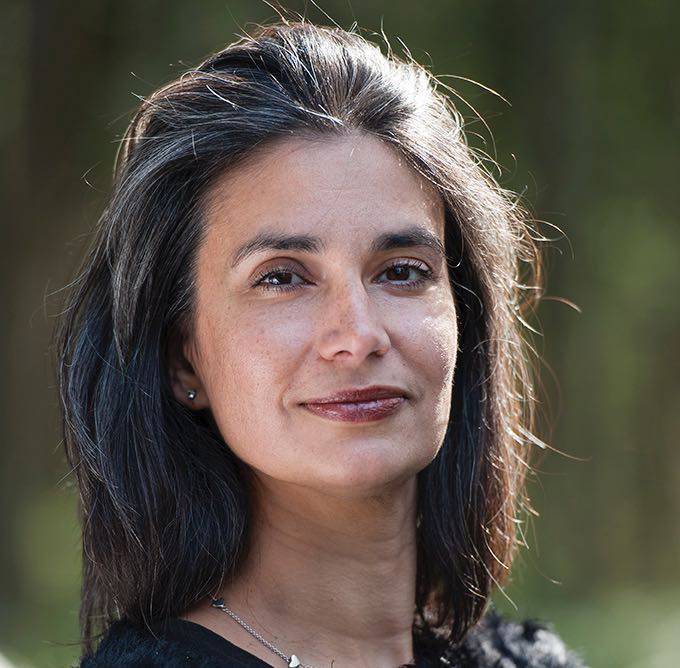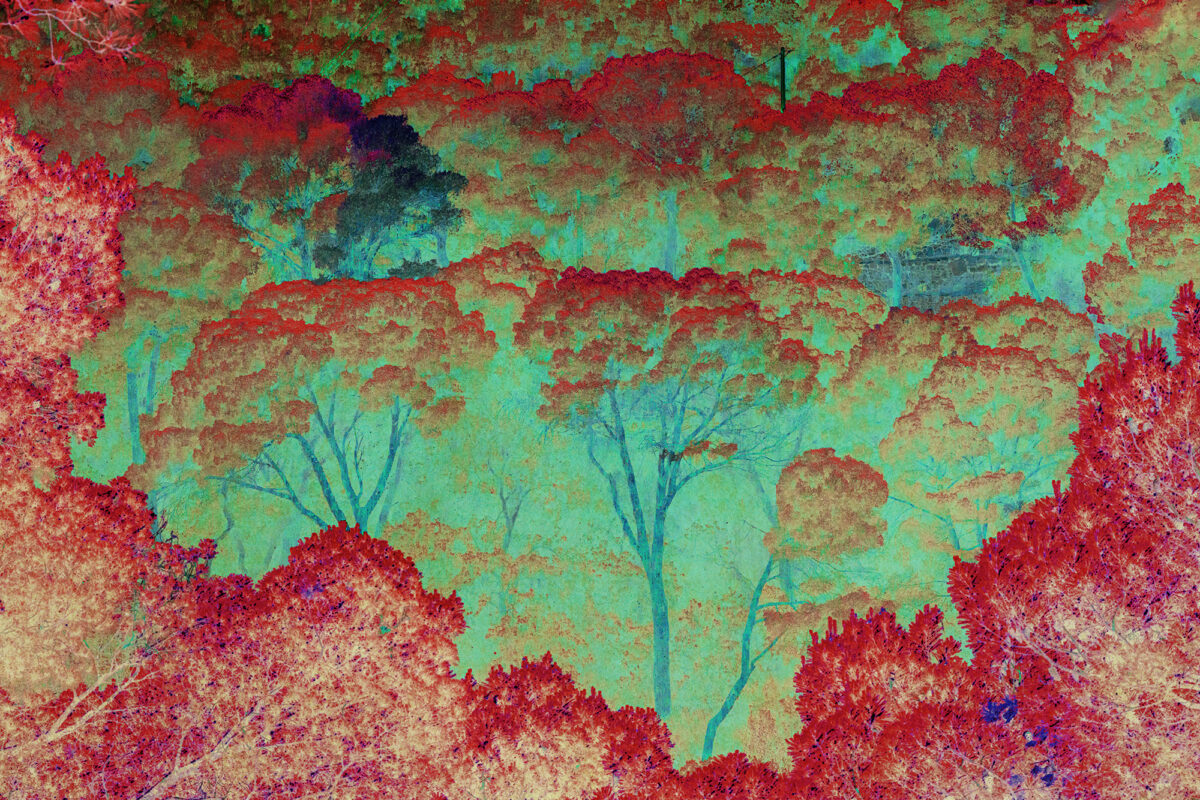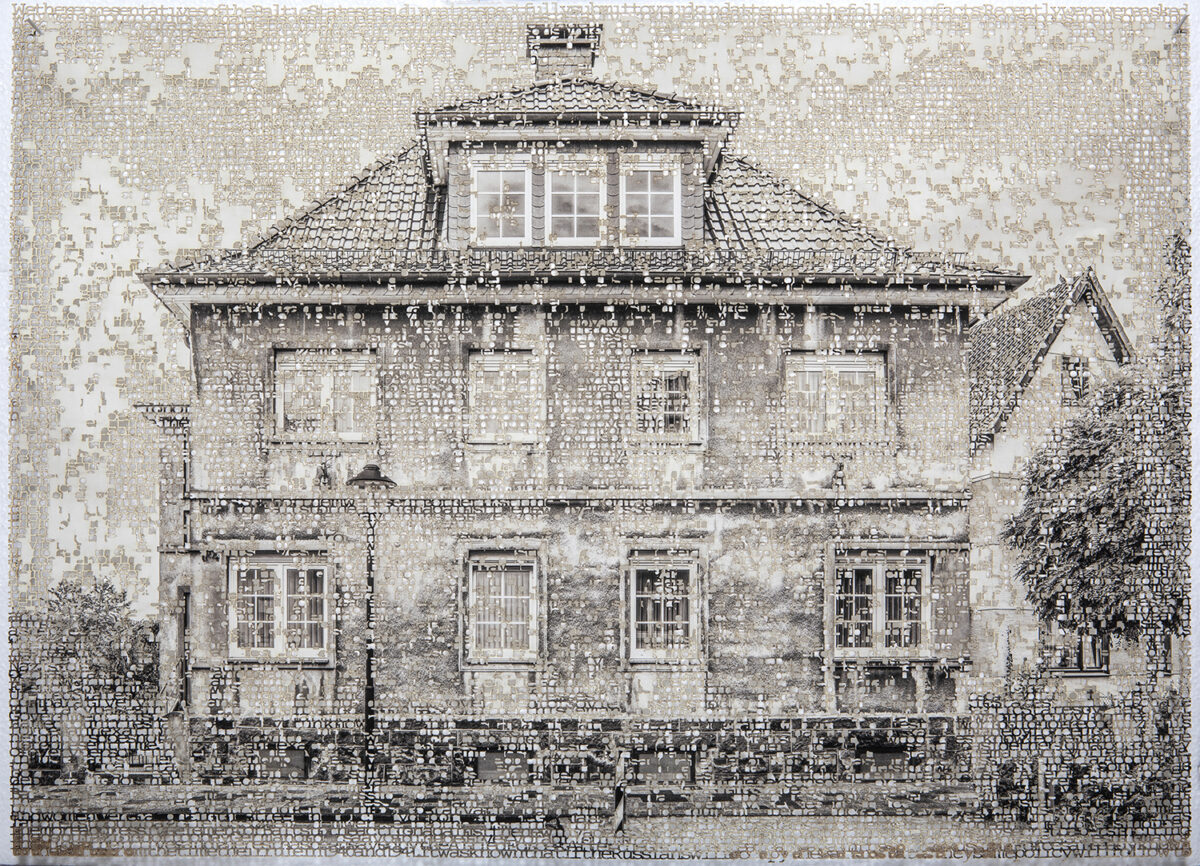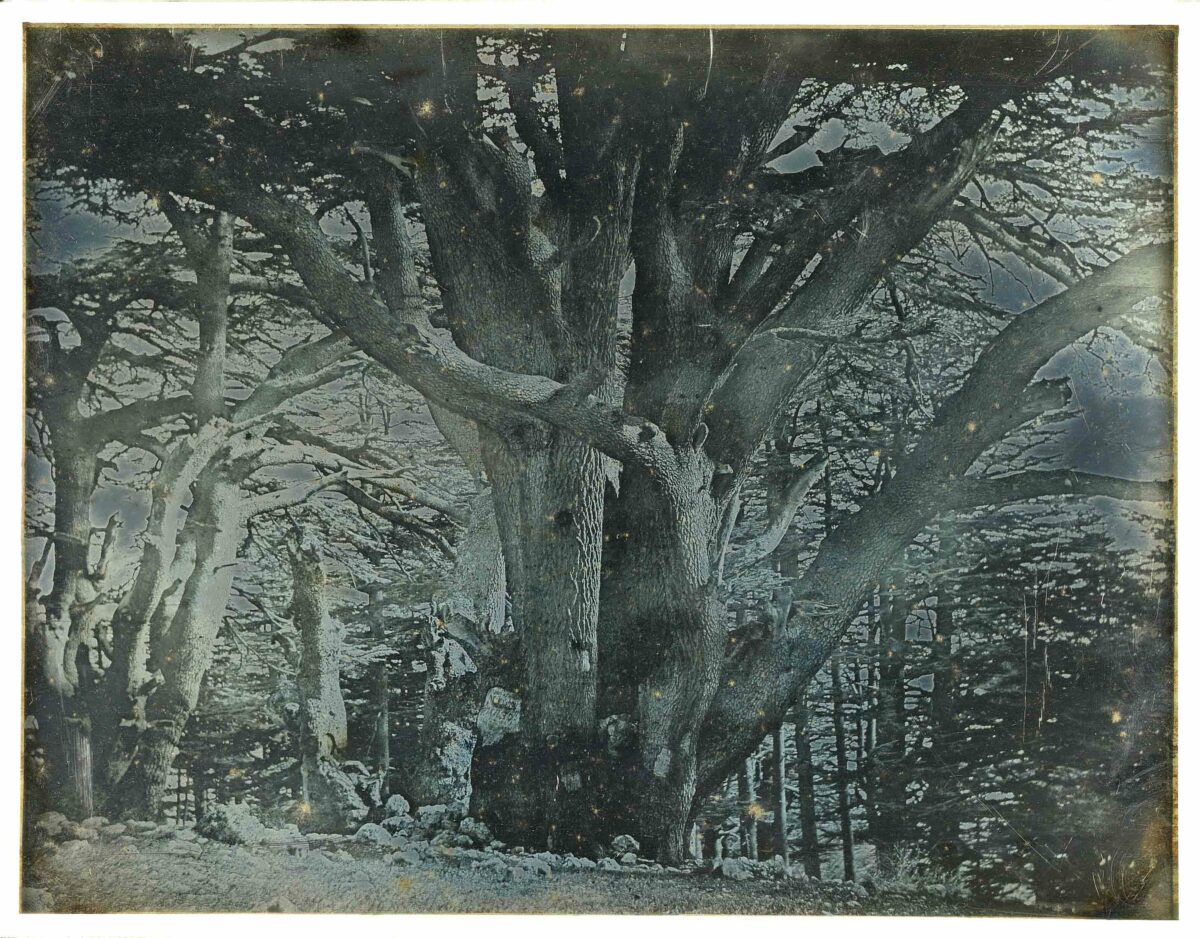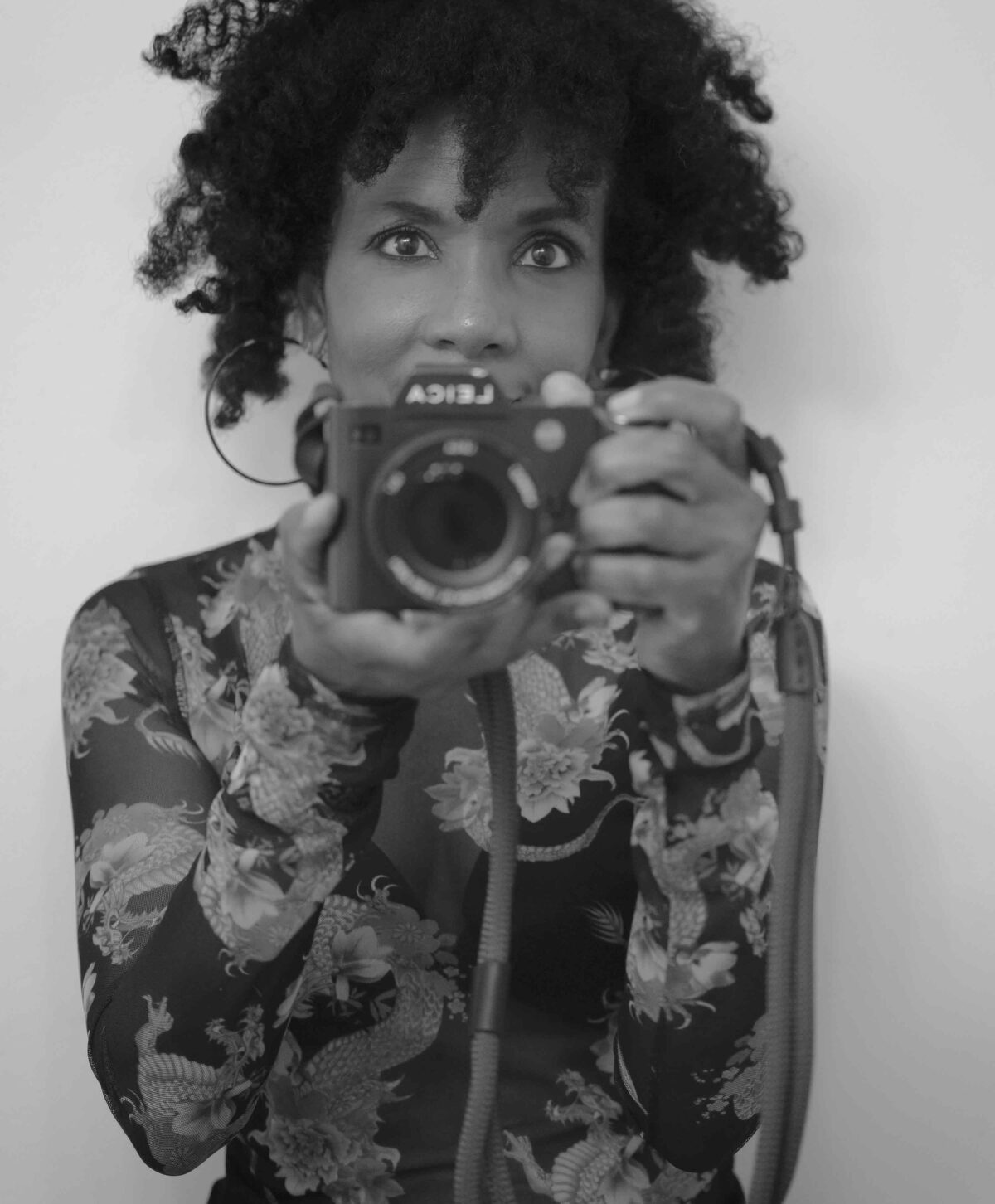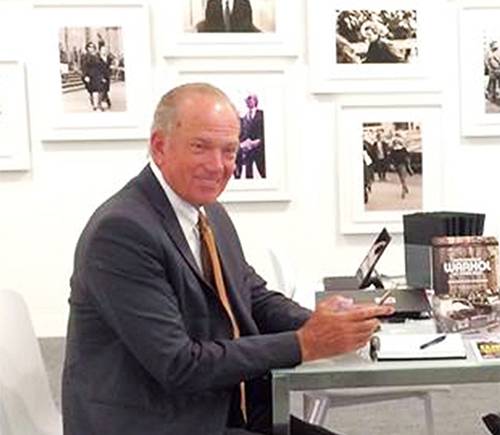Michelle Dunn Marsh is a champion multi-tasker: regularly bouncing between Seattle and New York City, she is the founder of Minor Matters, the Seattle-based photography book publisher, as well as the executive director and curator of Seattle’s Photographic Center Northwest (PCNW), itself a multi-tasking sort of organization. In addition to mounting exhibitions, PCNW is an accredited educational institution that offers classes and workshops for adults and teenagers, as well as public programming.
The center’s current exhibition, which was on view at the AIPAD Photography Show in April and is at PCNW through June 10, is All Power: Visual Legacies of the Black Panther Party. Marsh’s commitment to the subject began with a book of the same name that Minor Matters published in 2016. She’d been thinking about the idea for some time: “But after the shootings,” she says, referring to the deaths of Alton Sterling, Philando Castile, and five police officers in Dallas in the course of one week in July of 2016, “I just couldn’t not do it.”
PCNW is located in a historically black neighborhood of Seattle, and 2018 is the 50th anniversary of the founding of the Seattle chapter of the Black Panther Party. Most exhibitions Marsh had seen about the Party featured Caucasian photographers, so she asked black artists if they had work informed by the movement. The show includes 17 artists, among them Endia Beal, Ayana V. Jackson, Deborah Willis, Hank Willis Thomas, and Carrie Mae Weems. “As a leader of a nonprofit institution, I have a responsibility to focus on exhibitions I believe in,” she says, calling All Power “one of the most important manifestations of the work I do.”
Marsh was raised in the small farming town of Puyallup, Washington, the youngest of three. “I was the dreamer youngest child who just got to float around and write poetry,” she says. Her father’s family immigrated to the U.S. from Ireland; her mother came to the U.S. from Burma (now Myanmar) in 1963, following the military coup there. Marsh went to Bard College to study English, but her interest in book design was sparked by an internship in the publications department there, headed by Ginger Shore.
After Bard, Marsh moved to New York City and enrolled in a master’s program in publishing at Pace, where one of her professors, Stevan Baron, was head of production at Aperture. He hired her, and Marsh worked at Aperture from 1999 to 2011, eventually becoming deputy director as well as co-publisher of Aperture magazine. In 2013, she launched Minor Matters, which is run on a pre-sale model: if enough buyers don’t commit to purchasing the book, it doesn’t get made. “We’ve hit a moment where I thought: Why am I killing a tree to make a book?,” she says. “And my answer was: because it will travel through time. So I have to look at projects and say: Is this the time capsule I want?” Or, perhaps the work is better served by an exhibition at PCNW, which Marsh calls “a place for fostering inquiry,” adding, ”Exhibitions are an opportunity to start a dialogue, and any way that we can have more conversations right now is good.”

